A new case, Garden Vista Preservation, L.P., v. Tarolyn Rember, Online Reference: FLWSUPP 3112GARD, Case No. 2023-118200-CC-23 (Miami-Dade County, January 12, 2024) was published out of Miami-Dade County, which involved a landlord who filed an eviction against a tenant based on the tenant being a “holdover”. The court dismissed the eviction and ruled in favor of the tenant on her motion to dismiss the eviction. Here is what happened and what lesson to learn from this case.
The Case
The tenant was on subsidized rental assistance. The landlord filed a holdover eviction action against the tenant for alleged “other good cause”, which the landlord had outlined in its “Notice of Nonrenewal” delivered to the tenant on May 8, 2023. The landlord cited in the notice of nonrenewal that the tenant had an unauthorized occupant and changed the locks, but the landlord never delivered a notice to cure pursuant to F.S. 83.56(2)(b) for those violations. The alleged lease violations served as the landlord’s basis for not renewing the lease.
The lease agreement attached to the Complaint expired on September 1, 2023. The Complaint was filed on September 12, 2023, which is 127 days after the date of the notice of nonrenewal. Since the tenant was on subsidized rental income, the landlord had to prove the good cause alleged in its notice and complaint to be able to evict the tenant.
The tenant argued that the eviction should be dismissed based on F.S. 83.56(5)(c), which states as follows:
This subsection does not apply to that portion of rent subsidies received from a local, state, or national government or an agency of local, state, or national government; however, waiver will occur if an action has not been instituted within 45 days after the landlord obtains actual knowledge of the noncompliance.
Moreover, the court, in this case, cited F.S. 83.56(5)(a) as further support for its order to dismiss the eviction, stating,
a landlord who waits more than 45 days waives the right to “terminate the rental agreement or bring a civil action based on that non-compliance.” See Fla. Stat. § 83.56(5)(a).
F.S. 83.56(5)(a) states,
If the landlord accepts rent with actual knowledge of a noncompliance by the tenant or accepts performance by the tenant of any other provision of the rental agreement that is at variance with its provisions,… the landlord [] waives his or her right to terminate the rental agreement or to bring a civil action for that noncompliance…
Again, the landlord did not deliver a notice to cure regarding the alleged lease violations and did not institute the eviction action within 45 days of having knowledge of the alleged noncompliances, which constitutes the “other good cause” needed to evict from a subsidized tenancy.
The landlord argued that F.S. 83.56 was inapplicable because tenant became a holdover tenant and that the eviction awas based not on a termination of the tenancy for lease violations, but rather, for nonrenewal and expiration of the lease. The court disagreed.
The court found that F.S. 83.56 did apply to the eviction action: the eviction was dismissed since the landlord did not satisfy the statutory requirements of instituting its action within 45 days of obtaining actual knowledge of the material lease violations and did not deliver the required Notice to Cure for the lease violations that could have been remedied.
The Lesson
Keep in mind, the Rember case involved a tenant receiving rent subsidy, so it stands for the position that a subsidized landlord cannot wait beyond 45 days to file an eviction, even for nonrenewal, when the eviction action is proximately based on tenant violations that the landlord has knowledge about.
As we stated in our article, “Do Not Sit On Your Rights”, when the landlord knows of a lease violation (assuming the violation is curable), the landlord should timely deliver a 7 Day Notice to Cure, and if the tenant fails to cure the violation, the landlord should file an eviction based on the violations not being cured within the notice period; but taking timely action is especially true with subsidized tenants, because as Rember shows, if you wait more than 45 days to institute the action against the tenant after you knew of the violation, you will waive the right to evict on those violations.
If the tenant is not on rent subsidy, it is this author’s opinion that the Rember case would not have relevance. That is, if the landlord did not deliver a notice to cure for curable violations during the tenancy and later decides not to renew the lease term, and the landlord has to file an eviction for a holdover tenant, the landlord would be successful in that holdover eviction action because F.S. 83.56(5)(c) does not apply to non-subsidy landlords, and as such, landlords do not have to prove “good cause” for non-renewing a tenant as they do for a subsidized tenant.
Property Management Law Solutions, LLC is a Florida law firm that specializes in landlord-tenant law and is a landlord-only law firm. We provide statewide services including evictions, consultation plans, education and training, membership plans, lease agreement plans and more. If you are a landlord or property manager, contact us today or subscribe to one of our online membership plans.
